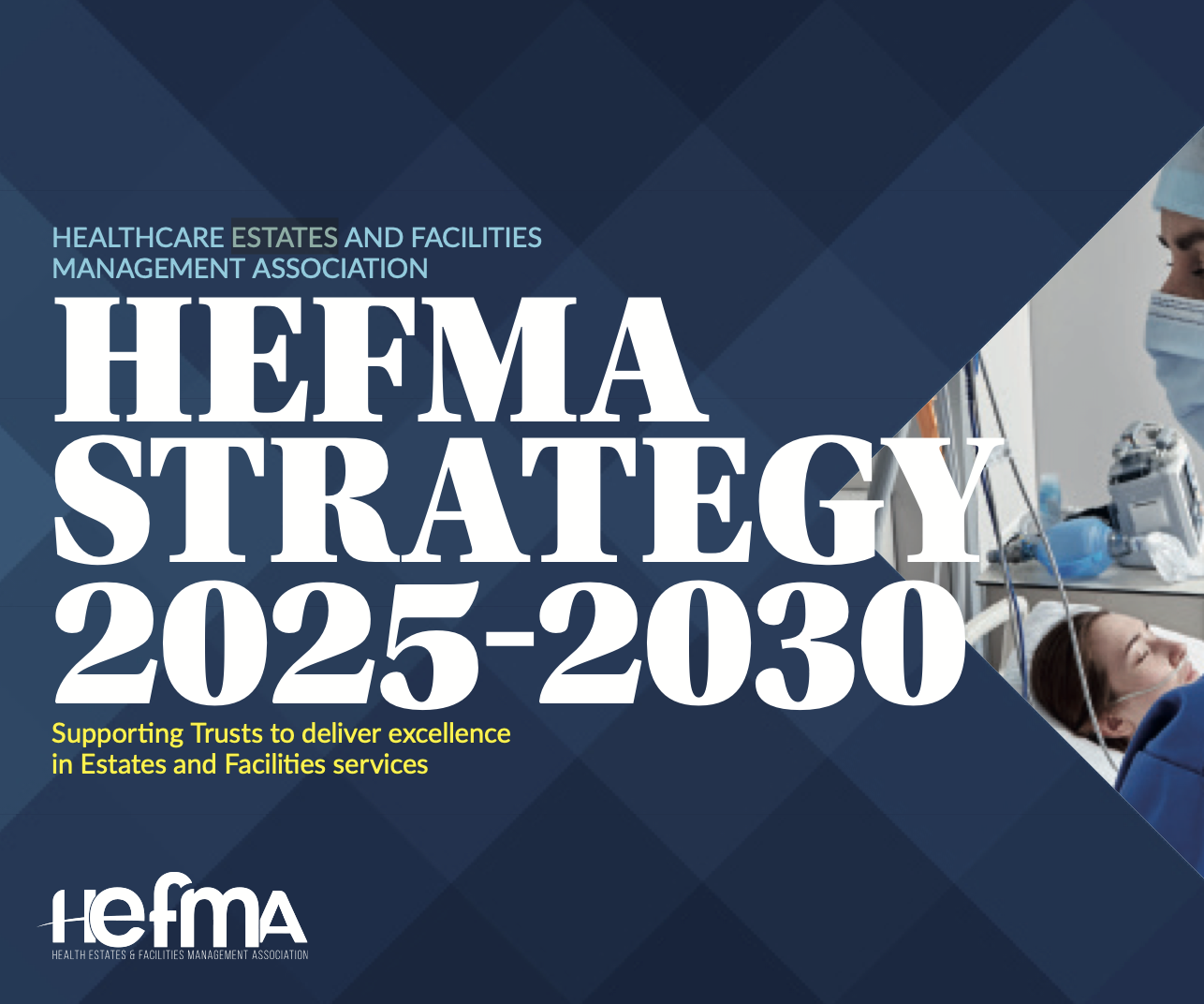The latest technology is a 'must have', not a 'nice to have' for the NHS in the 21st century.
The Health Secretary, Matt Hancock has told NHSX to step up the Digital Ready Workforce Programme in scope and ambition. Addressing the Healthtech Alliance on Tuesday (January 28), he said that leadership would be central to the digital transformation of the NHS.
And that, he stressed, means leadership across all disciplines, with everyone 'owning' the process of digital transformation, understanding what it means to their teams and able to "hold their CEO to account." If everyone leaves it to the IT department, he said, it will fail.
"If the board and the CEO and the top team all have skin in the game, then, and only then, has it a chance of success."
He added: "We need to give our people, our leaders and future leaders, our clinicians and our non-clinicians, the tools, confidence and understanding they need. Because in the end, this whole agenda is not about the technology, it’s about people."
Matt Hancock also promised to 'bust bureaucracy', including data collection, which he described as one of his own personal "bugbears," taking too long and being too burdensome.
"Useful data is best collected in real time, from the management systems that are used locally to run the services we’re trying to measure."
As well as the work being done by NHSX, Matt Hancock also updated delegates on the Digital Aspirants programme - which will give more Trusts the chance to apply the lessons learnt from the successful Global Digital Exemplar programme - and the AI Lab.
"The real focus will be on finding and boosting existing technologies with serious scale-up potential - AI tools coming to a Trust near you."
He announced that over the next three years the AI Lab will support a £140 million AI Award designed to speed up the testing and adoption of the most promising tools. It will cover all stages of the product cycle, from proof of concept to real-world testing and final adoption in the NHS.
The call for applications will run twice a year through open competition, with the first call focusing on screening, diagnosis, clinical decision support and system efficiency.










